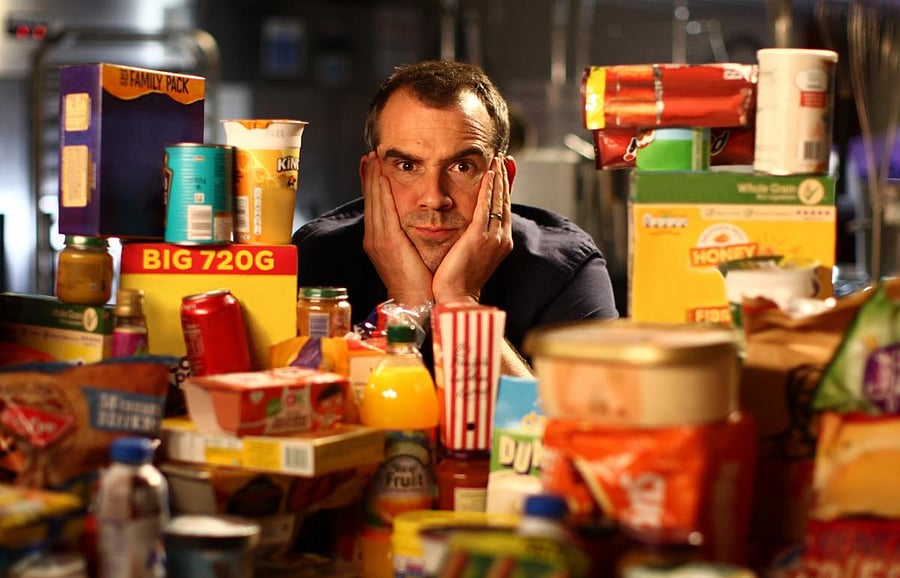
The latest documentary ‘What Are We Feeding Our Kids?’ on Sony BBC Earth follows doctor and medical researcher Dr Chris van Tulleken on his month-long experiment of eating ultra-processed food and seeing the impact that it has on children. During his research, Dr Tulleken found that consuming ultra-processed foods could alter the way the body and brain work, potentially explaining the rising global trend of childhood obesity. The documentary will air on October 4, 8 pm. In an interview with Metrolife, Dr Chris van Tulleken talks about the impact of overconsumption of junk food on children’s health.
What diseases can overconsumption of junk food trigger among children?
India is heading in a similar direction as the UK. By the time they leave primary school (10-11 years old), about a third of children develop obesity. Children can live with relative ease, as in, it doesn’t cause heart failure or blood pressure issues. But it does cause them significant mental health problems. It also leads to underperformance in school and tiredness. A small number of children will develop problems such as type-II diabetes. Some also contract iron deficiency, anaemia, reduced bone density, and stunted brain development. So these foods are harmful in different settings in different ways.
Which age group is affected the most and why?
In my opinion, around the world, it is the most serious among young infants. This is especially true in South-Asia, and it is even worse in sub-Saharan Africa. That’s because infant formula is ultra-processed food. Here the problem is not so much about obesity but the issues children face when they aren’t breastfed. The aggressive marketing of infant formula, which is ultra-processed, kills around eight hundred thousand to one million children a year. So they are the most severely hit group because breastfeeding is so much better, especially in countries that don’t have clean and reliable water supply and sterilised equipment.
Despite knowing these risks, why do children and people in general find it difficult to resist junk food?
I think it is because it surrounds us all, and it is marketed to us as healthy. The companies are allowed to make all sorts of claims that this food is vitamin-rich, healthy and should be part of a balanced diet. They advertise it with cartoon characters. It surrounds us, it is very cheap, and is very convenient. So it becomes nearly impossible to resist. Food is addictive in much the same way that alcohol and cigarettes are addictive. I believe that there is a valid comparison between a can of cola and a cigarette. I think they are nearly as addictive and unhealthy.
What is the scene in Indian households?
For most families in India, consumption is probably lower than 15%. But if you look back at the last 10 years, you will notice your shops have changed in terms of what they stock. There has been a sort of Americanisation of the Indian diet. You’ll be eating more dairy, cereal products, or candies and more things that are from 10-15 food companies. We don’t really know how but the diets across Asia are changing. I know in China the infant formula companies are making huge changes to the way children eat. And they are using doctors and research institutes to do that. So, one of the messages that companies sell is that child obesity is caused by (the lack of) exercise. This is not true. Child obesity is caused almost exclusively by the consumption of ultra-processed foods. In Mumbai, child obesity among the lower-income and middle-class households is because of low nutrition but the children continue to eat more junk.
